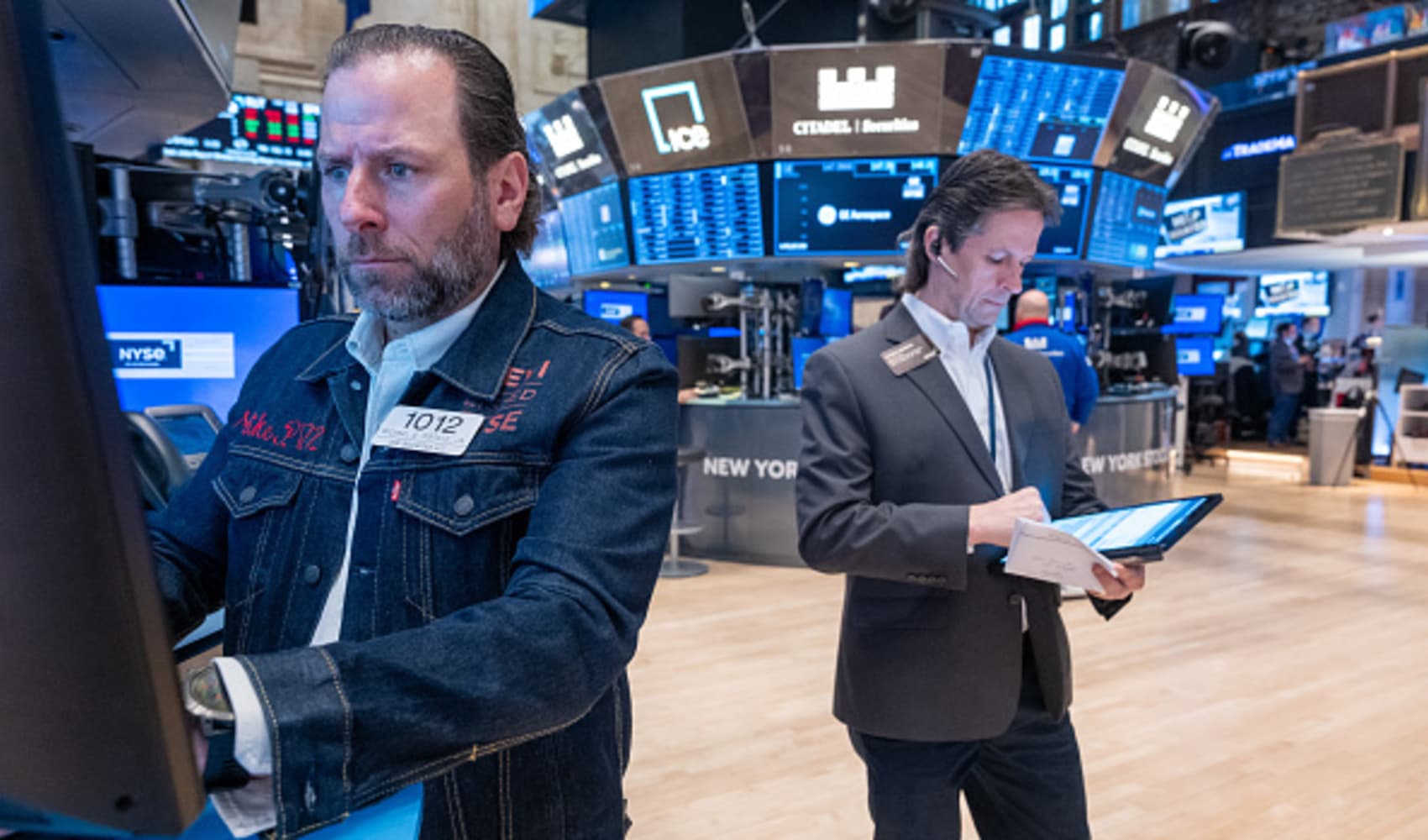
- Sanctions on Russia for invading Ukraine are likely to lead to higher prices, and Middle East nations don't seem ready to increase supply, said Helima Croft of RBC Capital Markets.
- "If people believe this is important, if people believe this is a generational security crisis, then we need to think about what sacrifices people are willing to pay in defense of these values," she said.
Consumers have to be ready for a period of higher prices as Russia continues its war in Ukraine and disruptions to the global energy market persist, according to an energy expert.
The war in Ukraine following Russia's invasion in late February has thrown energy markets into disarray and driven up the price of wheat. Russia and Ukraine are among the world's top exporters of wheat.
Get Connecticut local news, weather forecasts and entertainment stories to your inbox. Sign up for NBC Connecticut newsletters.
"If people believe this is important, if people believe this is a generational security crisis, then we need to think about what sacrifices people are willing to pay in defense of these values," said Helima Croft, global head of commodity strategy of RBC Capital Markets.
Washington and its allies have imposed punishing sanctions on Russia, including on energy exports, which could lead to inflation.
"What is the price consumers in the West are willing to pay for the principle that you cannot invade a sovereign nation [and] rip up the security architecture in Europe?" she asked.
Money Report
"I think consumers simply have to prepare for higher prices, and there has to be that conversation with citizens," she told CNBC's "Capital Connection" on Monday.
Middle East support?
Croft said the Biden administration is trying to ask countries such as the United Arab Emirates and Saudi Arabia to pump more oil, but is facing resistance.
"They're essentially saying, look, we have serious security concerns. We need a partnership with the United States, we need to know that you're here, you're gonna stand by us," Croft said, adding that choosing to help the U.S. by increasing energy supply would rupture the OPEC+ relationship that has been working well since 2016.
She said that Middle East oil producers do have "back channels" they can call in Russia, but it's unclear which side these governments are taking.
Ahead of the meeting between OPEC and its allies this week, Croft said there are concerns about U.S. commitment to the region and limited spare capacity for energy, given that investment in the industry contracted in 2020.
For crude oil, there may be 2 million to 2.5 million barrels per day available, but beyond that, there's not much spare capacity. Supply is also "largely maxed out" from major gas supplier Qatar, she added.
"If you need gas now, if you need to break Europe's dependence on Russian gas, there are not a lot of cargoes out there immediately to provide relief," said Croft.
"That's why the Germans are being so intransigent on this issue," she said.






